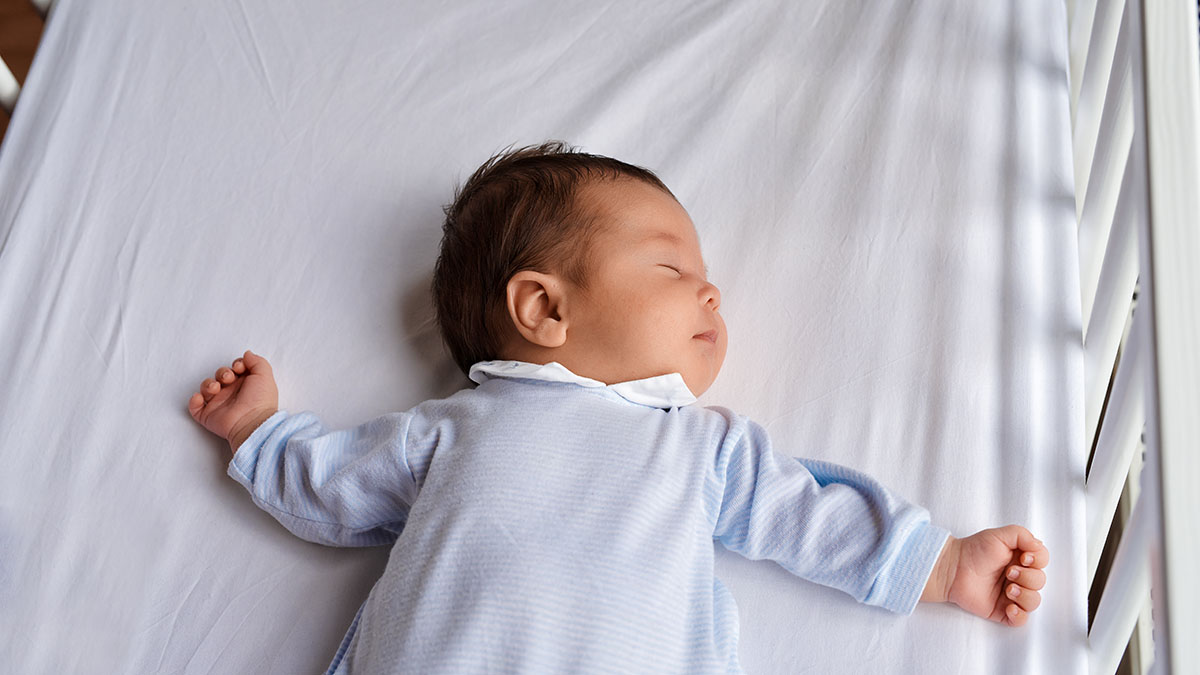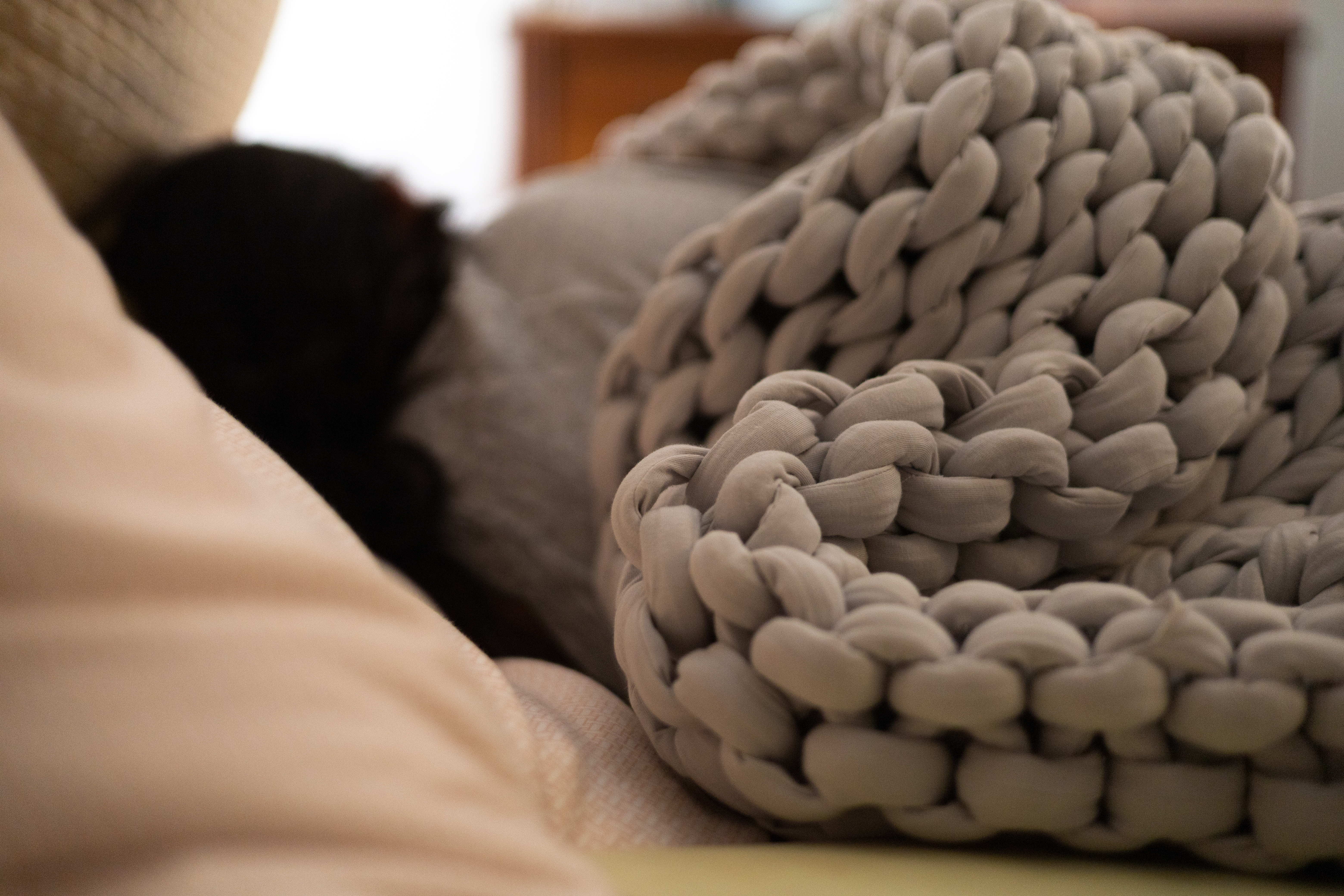What to Know
- The American Academy of Sleep Medicine last month released a health advisory urging parents to consult their doctor before giving melatonin to children.
- The warning came after a 530% increase in cases of child ingestion of melatonin reported to U.S. poison control centers over the past decade.
- Experts say that even though it is a dietary supplement, not a medication, melatonin should be handled as any other medication and kept out of reach of children.
Melatonin is widely available over the counter and marketed as a sleep aid, but experts are now warning parents to seek medical advice before giving it to children before bedtime.
The American Academy of Sleep Medicine last month released a health advisory cautioning parents to consult a health care professional before giving the supplement to children. After multivitamins, melatonin is the second-most popular “natural” product that parents give their children, the AASM said.
“The availability of melatonin as gummies or chewable tablets makes it more tempting to give to children and more likely for them to overdose,” Dr. M. Adeel Rishi, vice chair of the AASM Public Safety Committee, said in a press release. “Parents should talk directly with their child’s health care professional before giving their children melatonin products.”
The warning came after a 530% rise in cases of child ingestion of melatonin, both intentional and unintentional, reported to U.S. poison control centers from 2012 to 2021. More than 4,000 of the reported ingestions led to hospitalizations, according to the Centers for Disease Control and Prevention, and 287 pediatric patients required intensive care.
As a dietary supplement, melatonin is not under the oversight of the Food and Drug Administration like over-the-counter or prescription medications. And because of that, melatonin content in supplements can vary widely, the AASM said. In one study, melatonin ranged from less than one-half to more than four times the amount stated on the label.
The organization said that the safest melatonin products would be those with a USP Verified Mark, which indicates that the product was produced in a facility following the Good Manufacturing Practice (GMP) standards. These products meet some quality control measures.
“Do you really want your kid taking anything to help them fall asleep? No. But if it comes down to, is it better, is it safer, to get a half-hour or an hour more sleep and take a very low dose of melatonin, versus not get that sleep? I would argue that we know that sleep deprivation is the source of a lot of problems for people physically, emotionally, cognitively, so I think melatonin has a role,” psychiatrist Dr. Joshua Weiner told NBC Washington. “You just don’t want to take it indefinitely.”
Read More
Weiner said that if melatonin is going to be given to children, he recommends they start with a low half-milligram dose and that they don’t take it every night, and he said it is still important for parents to consult their doctor before doing so.
Feeling out of the loop? We'll catch you up on the Chicago news you need to know. Sign up for the weekly> Chicago Catch-Up newsletter.
To address the safe use of melatonin in children, the AASM specifically advises that:
- Melatonin should be handled as any other medication and kept out of reach of children.
- Before starting melatonin or any supplement in their children, parents should discuss this decision with a pediatric health care professional. Many sleep problems can be better managed with a change in schedules, habits, or behaviors rather than taking melatonin.
- If melatonin is used, the health care professional can recommend the melatonin dose and timing for the sleep problem. Parents should select a product with the USP Verified Mark to allow for safer use.
- Parents can find information about healthy sleep in children at sleepeducation.org.



